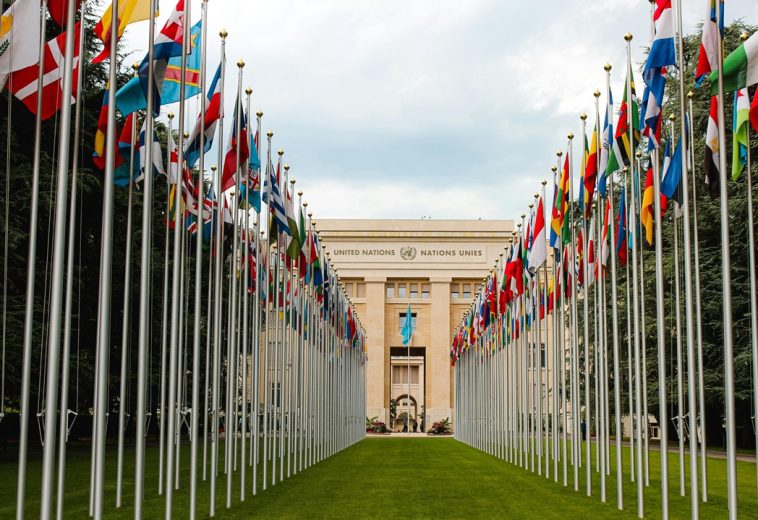With forecasts predicting GDP growth of 5.4% year-on-year into 2025, Ghana appears to be making a steady recovery from past economic fluctuations. Jibran Qureishi, Head of Africa Research at Standard Bank Group, has projected accelerated growth for Ghana, citing resilient economic performance in 2024, with GDP expanding by 5.8%, up from 2.9% in 2023. This promising outlook underscores the importance of strengthening Ghana’s GDP, the potential economic benefits, the existing challenges, and the solutions that could pave the way for a more prosperous future.
An increase in GDP signifies not just rising economic activity but also an improvement in the overall standard of living for Ghanaians. Higher GDP growth fosters job creation, boosts government revenues, and enhances public services such as education and healthcare. For a nation that has navigated economic turbulence in recent years, sustained GDP growth is critical for attracting foreign investment, stabilising the national currency, and fostering socio-economic development.
READ ALSO: Democracy in Africa on Track: Ghana’s 2024 Election
Economic Benefits for Ghana
As Ghana’s economic growth accelerates, several key benefits are anticipated. Rising GDP attracts both domestic and international investors, creating a climate conducive to economic expansion. Enhanced investment in infrastructure, healthcare, and education can generate employment and drive further growth. A robust GDP enables the government to allocate more funds to socio-economic development projects, improving infrastructure and public services, and ultimately elevating citizens’ quality of life. A growing economy strengthens Ghana’s ability to increase exports, particularly in key sectors such as mining and agriculture. Expanding trade enhances foreign exchange earnings, significantly contributing to national wealth.
Despite the optimistic growth forecast, Ghana faces several hurdles that could impede its economic progress. While the mining sector, particularly gold production, has shown resilience, other sectors, including manufacturing and real estate, remain underdeveloped. Uneven sectoral growth could lead to economic fragility. The agricultural sector has struggled with adverse weather conditions, particularly last year’s dry spell in Northern Ghana, which hindered productivity in this vital industry. Energy sector arrears, fiscal imbalances, and bureaucratic inefficiencies continue to pose challenges. Without addressing these structural issues, sustaining growth momentum may prove difficult.
Solutions for Sustainable Growth?
To navigate these challenges and ensure sustained economic progress, Ghana must adopt a multi-faceted approach. Investing in underdeveloped sectors such as manufacturing, tourism, and technology will reduce reliance on mining and create a more balanced economy. Encouraging innovation and entrepreneurship will also drive job creation and resilience. Investments in agricultural technologies, research, and development will enhance productivity and resilience against climatic shocks. Initiatives such as irrigation systems, improved seed varieties, and farmer training programmes will support higher agricultural output. The government must prioritise resolving energy sector arrears and enhancing fiscal management. Effective governance and streamlined regulatory frameworks will foster business growth and attract foreign investment. Stronger collaboration between the government and private sector can improve infrastructure and service delivery. Leveraging private sector efficiencies will enhance productivity and expand access to critical services.
The Future of Ghana’s Economy
Looking ahead, Ghana’s future appears promising as it builds on its growth momentum. The revival of key mining operations and the anticipated large-scale lithium facility, expected to launch around 2026-2027, could significantly bolster economic output. With proactive measures to tackle existing challenges, Ghana has the potential to achieve its ambitious development goals.
As Qureishi aptly noted, Ghana’s economy demonstrates remarkable resilience, but maintaining growth stability will require a commitment to structural reform. By harnessing its resources effectively, addressing sectoral disparities, and implementing sound policies, Ghana stands poised not just for growth but for a transformation towards sustainable prosperity. The path ahead presents challenges, yet it also offers immense opportunities that, if seized strategically, could redefine Ghana’s economic trajectory for generations to come.



















